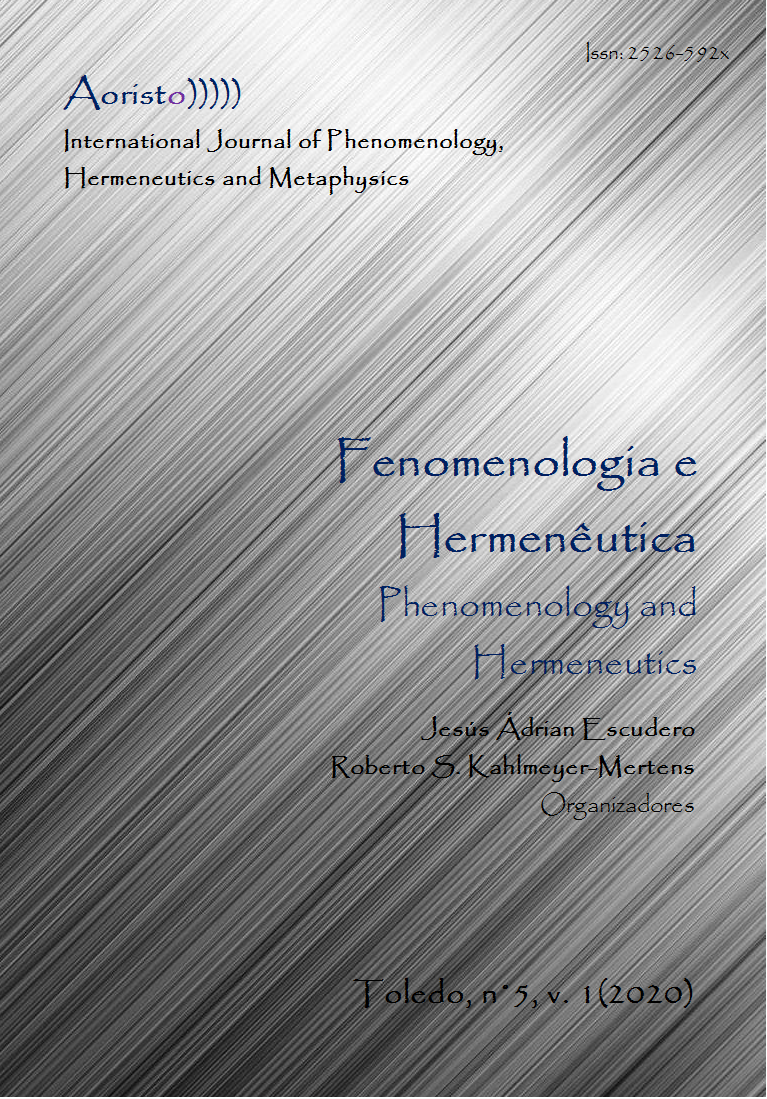Economic goods or solidarity?
Two different approaches to liberality
DOI:
https://doi.org/10.48075/aoristo.v3i1.30565Keywords:
Economic goods, Solidarity, Liberality, AristotleAbstract
In this paper, I will compare the Aristotelian and the Middle-Stoic concepts of liberality as stated by Cicero in the De Officiis, which refers to Panaetius. For both concepts, liberality is a principal virtue of socio-political life, but they start from different premises: the individual life in case of Aristotle, and social bonds in the case of Middle-Stoicism. I will try to point out that Aristotle, led by the dualism of reason and passions, is bound to think of liberality as an individual character virtue that prevails over the natural attachment to wealth and assets. Because of his dualism, Aristotle must exclude non-economic beneficence from the domain of liberality. In comparison, the Middle-Stoic approach is mainly based on the idea of sociability. This model does not undervalue goods, but it states that virtues mature from the balanced development of natural impulses, based on the combination of sociability and self-preservation, rather than from an ascetic effort. More particularly, the virtue of liberality originates from the social dimension of moral good. The liberal citizen can make virtuous use of money in certain cases, but he does not necessarily need it. The social sense is crucial, and it leads to the personal support of others, thereby creating and strengthening social bonds.
Downloads
Published
How to Cite
Issue
Section
License

This work is licensed under a Creative Commons Attribution-NonCommercial-NoDerivatives 4.0 International License.
Copyright Notice
1. I grant the AORISTO – International Journal of Phenomenology, Hermeneutics and Metaphysics the first publication of my article, licensed under Creative Commons Attribution (which allows sharing of work, recognition of authorship and initial publication in this journal).
2. I confirm that my article is not being submitted to another publication and has not been published in its entirely on another journal. I take full responsibility for its originality and I will also claim responsibility for charges from claims by third parties concerning the authorship of the article.
3. I also agree that the manuscript will be submitted according to the Aoristo’s publication rules described above.
License Creative Commons
This work is licensed under a Creative Commons Atribuição-NãoComercial-CompartilhaIgual 4.0 Internacional, which allows you to share, copy, distribute, display, reproduce, in whole or in part, for as long as there is no commercial purpose, and authors and source are cited.


